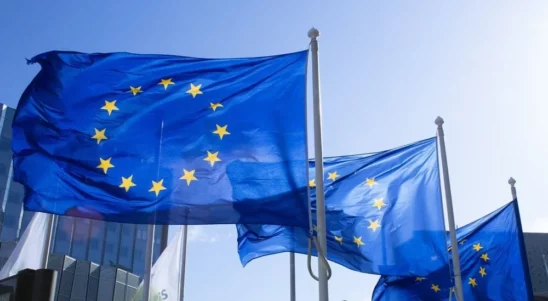The project includes consumer behavior (change) and value chain interventions by introducing waste sorting and recycling techniques to the supermarkets and by offering secondary products (for instance products from recycled plastics) in the supermarket’s product portfolio, in support of SO 2.2.
One of the main challenges of changing from a linear to a circular economy is solutions that integrate the needs of people (desirability) with the possibilities of technology (feasibility) and the requirements for business success (viability).
The project explores human-centered design using local communities as design labs. The partners design green techs implemented by a network of community supermarkets on Bornholm and in Poland. The local supermarkets will be re-designed as CE platforms, giving consumers and citizens the possibility to buy sustainable and secondary plastic-based goods and packaging and to recycle and reuse the plastic-based goods and packaging. The retail chains represent the requirements of green business viability, BOFA and IMP-PAN represent the possibilities of green technologies and the local communities represent the human and social needs and wants.

